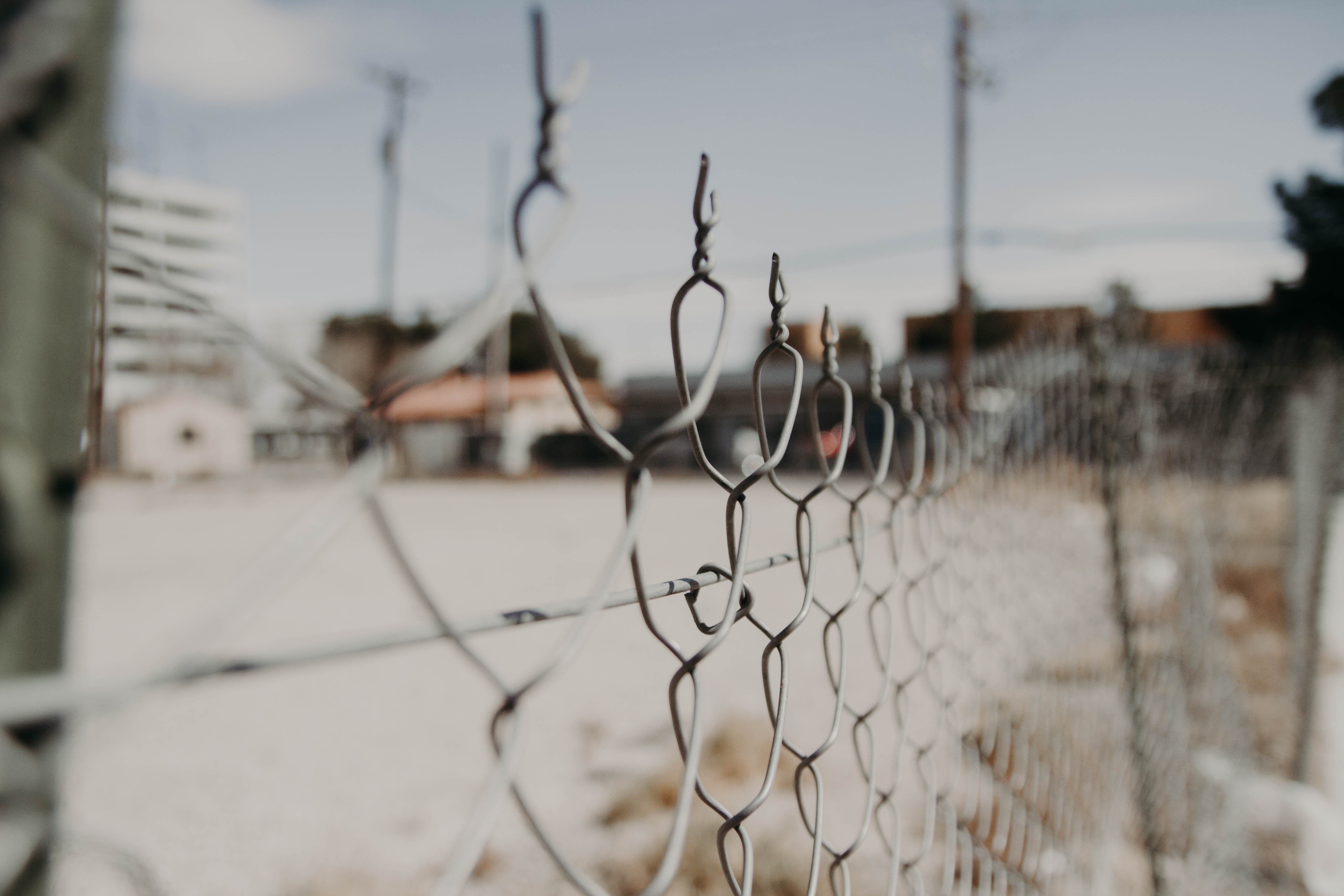Democratization in the Former Islamic Majority Soviet Republics
By Geoffrey Cook, MMNS
The Case of Kazakhstan
In looking for a unique subject to write on, your author came upon some of his notes of a discussion with an ethnic Kazakh (or the citizen of the newly independent Kazakhstan). The “new†nation is now the ninth largest country in the world in geographical area, but only the sixty-second in population because of the largess of its open spaces. In this essay the name of the source, place and date of the interview will be kept anonymous because of the possible political ramifications of my interviewee’s comments.
The newly independent land in Central Asia, separated from its Islamic roots for several centuries, had been violently Russified (made in the image of the Slavs in Saint Petersburg), and secularized over a period of their captivity under the Russian Empire, and later under the policy of secularization after the Communist Revolution in the European Center of the U.S.SR. It has only been recently (1991) that they have gained independence from Moscow, and have been able to connect with the remainder of the Islamic World, and for this reason Islam, tinged with the Soviet secularism currently found in Central Asia, is developing its unique Muslim modernism of its own.
Kazakhstan, because of Josef Stalin’s policy of internal deportation within the (former) Union of Soviet Socialist Republics, is an ethnically diverse Republic (where many of its contemporary citizens are descended from unwilling immigrants…much like Afro-Americans in the Western Hemisphere). Therefore, religious freedom is granted to all. Yet, Kazakh Muslims dominate the social landscape. As in all the Commonwealth of Independent States (CIS), a loose organization of the (now) independent (post-) Soviet (Colonial) States, the societal environment has been in a flux into the first decade of this new century. In fact, Altmay, the then capital of the Kazakh Republic was the last to declare its sovereignty of the non-Russian territories (to do so far). Many of these Central Asian and Eurasian States have often held on to the past U.S.S.R. political paths with its bureaucracy, and their methodologies still dominate although with the younger generation pushing for Western-style economic “liberalization†and (democratic political reforms are gaining interest). The question that was being asked in this lunchtime meeting was is Kazakhstan the next Central Asian Republic to go down the path toward Western ways?
The dominant feeling amongst the Kazakhstanis was that political reorganization was absolutely necessary, but most other States in the region discouraged such restructuring because of the threat to the financial and procedural status quo. Within Kazakhstan itself, the Russian period has exited with an enormous embedded corruption. One of the hefty problems is the remaining clannishness within the culture – especially the ruling elite. The strongest clan actors – whether blood relations or not — are those who owe their allegiance to the Executive and the Bureaucrats – especially in the new center, Astana. These political actors make most of the States’s decision without any larger (more democratic) consultation. “The Presidency is controversial,†since it supports an economic “liberalization†that is Neo-Ricardian in form, and has gained the imprimatur of most of the international organizations — who matter – as the way to stabilize their economy. Although Kazasthan is struggling to rediscover its Islamic roots, its Civil Society has not protested its strategy of the development corrupt of a new un-Islamic State-controlled neo-Capitalism. Kazakhstan’s government has opted for a similar market economy as most of the post-Marxist States of the old Soviet Union, and has not incorporated any Islamic financial procedures at all. Both the Capitalist and Leninist theories have to be adjusted to fit into the Muslim monetary tradition. “Our President is the founder of [the modern Kazakhi] †predatory financing! The current Administration is leading the country into a systemic process of privatization.
One of the post-Communist Republic’s largest challenges is that of political secession. The ruler is an oligarch (one of a group of wealthy decision makers with the State itself). There is a great possibility that his eldest daughter will succeed him into the State Executive’s office in time. Officials and businessmen will grab “shares†of the Commonwealth while the bureaucracy, in classic totalitarian fashion has been employed to develop policy; and, thus, to maintain the rapacious State; and, consequently, to assist the elites to control and oppress, for the President is concerned over any feasible democratic opposition that may arise. It is largely his peers within the Oligarchy who supports the status quo. Yet contenders are arising, and Kazakhstan is nominally a two-party State, but, still, the laws have been crafted to discourage challengers. In fact, two of the leaders of the “loyal†opposition have been persecuted as enemies of the State.
In this emergent nation, free again to dig deeply into its Muslimness, Islam itself is being discouraged through its Socialist past.
12-12












2010
1,348 views
views
0
comments